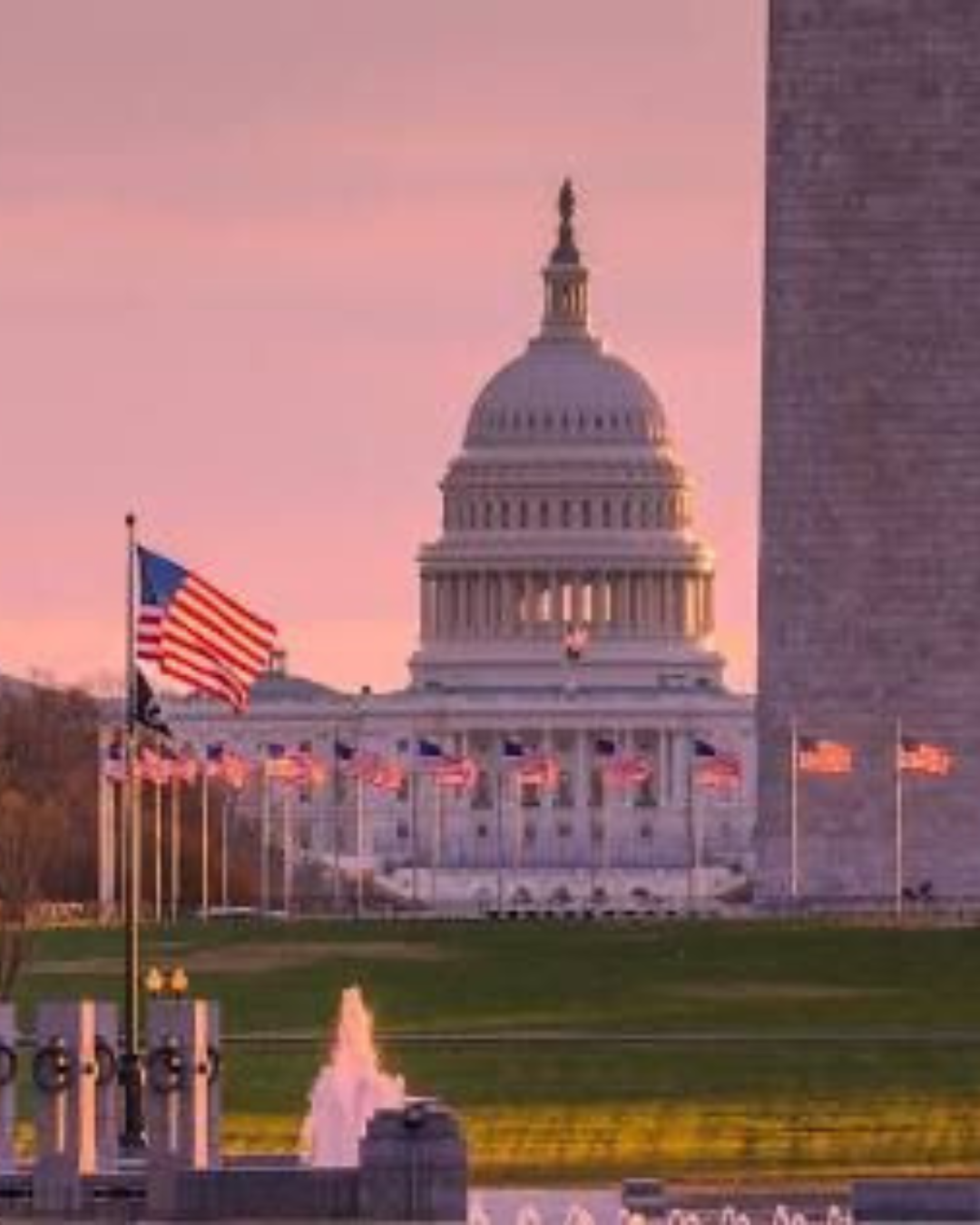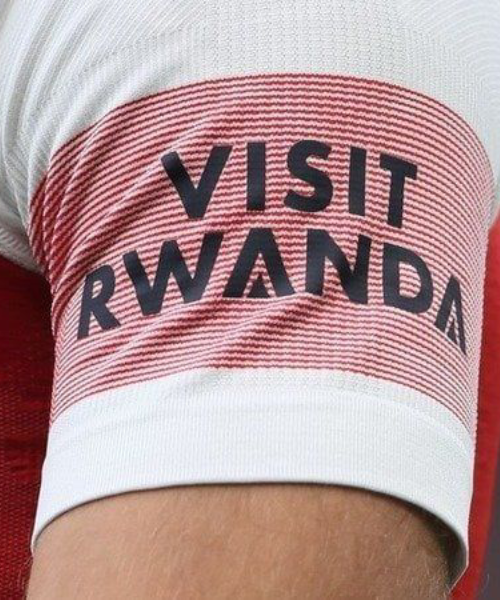Rwanda has voiced its surprise at the Democratic Republic of Congo’s sudden decision not to endorse the Regional Economic Integration Framework (REIF), an accord seen as central to advancing regional peace and prosperity after months of U.S.-brokered negotiations.
Government Spokesperson Yolande Makolo said Rwanda’s delegation in Washington, D.C. was fully prepared to sign the agreement, which had been finalised through constructive dialogue. She expressed confusion over Kinshasa’s withdrawal, highlighting the positive spirit of the talks and the role of U.S. mediation.
Makolo explained that the DRC withheld its signature over unresolved security steps linked to the Joint Oversight Committee discussions earlier in the week. That meeting, convened on October 1 with representatives from Rwanda, the DRC, the United States, Qatar, Togo, and the African Union Commission, produced an operation plan for the Joint Security Coordination Mechanism and reiterated commitments to reduce hostile rhetoric.
Talks also addressed the threat of the FDLR militia, a group rooted in the perpetrators of the 1994 Genocide against the Tutsi, which Rwanda insists continues to destabilise the region. Yet, violence persists in Uvira and Walikale, where M23 rebels accuse Kinshasa of violating ceasefire terms through drone strikes and foreign mercenary involvement.

Economic Cooperation Put on Hold
The REIF, first introduced in August, was designed to foster joint initiatives in mineral transparency, infrastructure development, energy projects, tourism, and public health. Both governments had committed to regulate artisanal mining and ensure transparency in the critical minerals trade. The framework also aimed to link economic collaboration with regional peacebuilding, complementing the June 2025 Peace Agreement.
Kigali Still Optimistic
Despite the setback, Rwanda reaffirmed its faith in U.S. mediation and in the peace roadmap.
“Rwanda believes in this process and hopes the REIF will eventually be signed,” Makolo stated, stressing that economic integration remains vital to securing long-term peace and development across the Great Lakes region.
The Joint Oversight Committee is set to meet again later this month, with expectations that negotiations will regain momentum and both peace and economic integration efforts will move forward.











